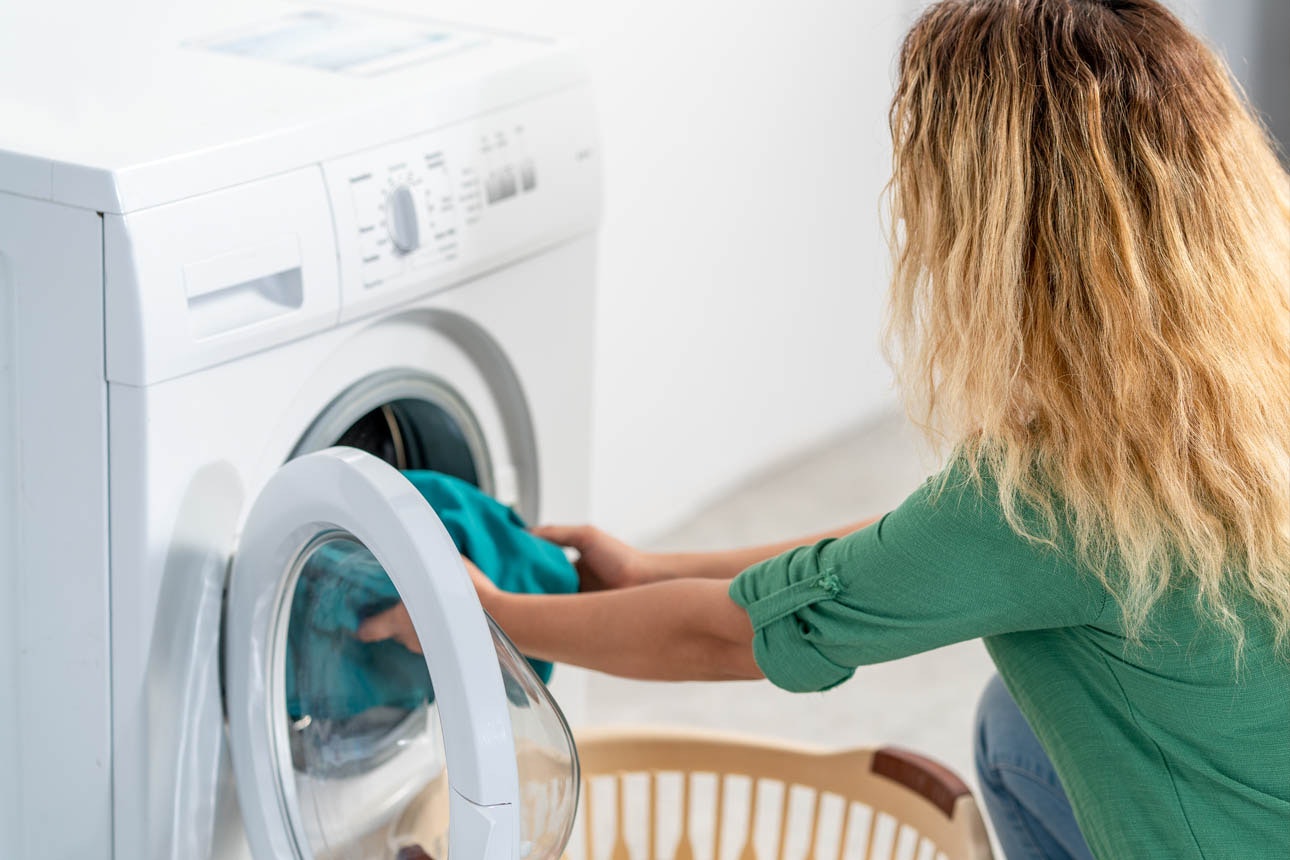
By Belinda Castles
Researcher | Kairangahau
The new coalition government has announced it will repeal the Therapeutic Products Act (TPA) despite it only being passed in July this year. We are extremely disappointed the government has made this call. Learn how this will impact sunscreens, natural health products and medical devices, and what it means for you.
As consumers, it’s important to have the reassurance that the therapeutic products you buy are safe and effective. The TPA was a big step forward in ensuring this.
The TPA replaced most provisions in the outdated Medicines Act 1981 and the Dietary Supplements Regulations 1985. It also repealed the Sunscreen (Product Safety Standard) Act 2022, regulating sunscreens as a therapeutic product.
We’ve been a big supporter of the Act. Here’s how scrapping this legislation will impact areas like sunscreens, natural health products and medical devices.

Sunscreens
Consumer has been campaigning for sunscreens to be regulated as a therapeutic product for many years – a call backed by the New Zealand Dermatological Society and the Cancer Society.
It’s a no-brainer. Exposure to excessive UV radiation is a major risk factor for skin cancer and sunscreen reduces this exposure, so it provides a therapeutic purpose.
Consumers also want this – 57% of people in our recent survey want sunscreens regulated as a therapeutic product (19% are unsure).
Although better sunscreen safeguards for consumers were introduced when the Sunscreen (Product Safety Standard) Act became law in 2022, we’re concerned sunscreens could revert to being unregulated again if the TPA is repealed. This would be a huge step backwards as there would be no requirement for sunscreen companies to undertake efficacy tests at all.
Even if the Sunscreen Act is reintroduced when the TPA is repealed, it isn’t sufficient. The Sunscreen Act requires sunscreens to comply with the Australian and New Zealand sunscreen standard, but the standard doesn’t specify how often a sunscreen should be tested. Our investigations have found companies relying on test reports that are several years old.
We are also concerned about the list of exclusions in the standard. The standard covers insect repellents labelled with an SPF of 4 or more and skincare products, including moisturisers, oils, creams and gels that make SPF 15 claims or higher. But it falls short when it comes to lip products or products whose main use is as a tinted moisturiser or foundation. We believe these products should meet the substantiation requirements of the standard, and we think consumers would expect the same.
Regulating sunscreens as therapeutic products would be an opportunity to address these exclusions and implement testing requirements.
Natural health products
Natural health products have been laxly governed by decades-old regulations that haven’t kept up with new products and ingredients. There’s been no pre-vetting of claims, and manufacturers haven’t had to get approval before selling their products. Although dietary supplements can’t claim to treat or prevent a condition, companies could get around this by using vague language, such as “may assist” or “may help”.
The TPA was set to cover everything from vitamin and mineral supplements to traditional and herbal remedies (although there was a proposed exemption for small-scale manufacturers and rongoā Māori practitioners who weren’t making products for export or commercial reasons).
We supported several provisions in the Act, including:
requiring market authorisation for natural health products
having a publicly available register of natural health products
having a list of permitted health benefit claims.
In a 2022 survey of people who take natural health products, we found only one-third of shoppers (33%) often or always research product claims before they buy, and just over half (52%) of respondents agree they can trust the labels.
Medical devices
A medical device is any physical object (such as an instrument, appliance or material) used for therapeutic purposes. Examples include pacemakers, colostomy bags and hearing aids.
Suppliers of medical devices must register their products, but they aren’t assessed for safety or effectiveness. That means companies can sell products without scrutiny about whether they can back up their claims.
Take the “Pain Erazor” – a medical device that’s been sold in New Zealand for years. The device didn’t go through any pre-market assessment or approval process, and our investigation in 2017 found it unclear whether the use of electrical current is a reliable method of pain relief as claimed by the company. A recent Consumer trial found it provided short-term relief to some trialists, but others found it made their pain worse.
We supported the TPA because it was going to require market authorisation for medical devices before they are imported into, exported from, or supplied in New Zealand. We’re concerned that products like the Pain Erazor will continue to be sold and harm consumers or rip them off by being unable to back up their claims.
Although companies face prosecution under the Fair Trading Act if they make misleading or unsubstantiated claims, this only happens once a product is already on the market.
The Therapeutic Products Act needs to stay
Consumers need reassurance that therapeutic products are safe and effective. We are extremely disappointed the government has made this call.
We wrote to Hon Dr Shane Reti, Minister of Health, urging the government to reconsider its stance on the repeal and asked him to consider banning DTCA of medicines – a position the National Party supported while in opposition.
Associate Minister of Health Hon Casey Costello replied. She agreed change is needed but said the TPA would have imposed requirements on some products that were out of proportion to the risks they posed. Officials have been asked to provide further advice.
The minister advised sunscreens could be considered as part of future work on the regulation of therapeutic products and proper consideration needed to be given to the evidence on DTCA.
Scrapping the TPA is a lost opportunity to better protect consumers.
Read our submission on the Therapeutic Products Bill.

Subscribe to our newsletters
Get even more Consumer NZ news and invitations to share your voice on important issues straight to your inbox. You don’t have to be a member to have these newsletters emailed to you regularly.


